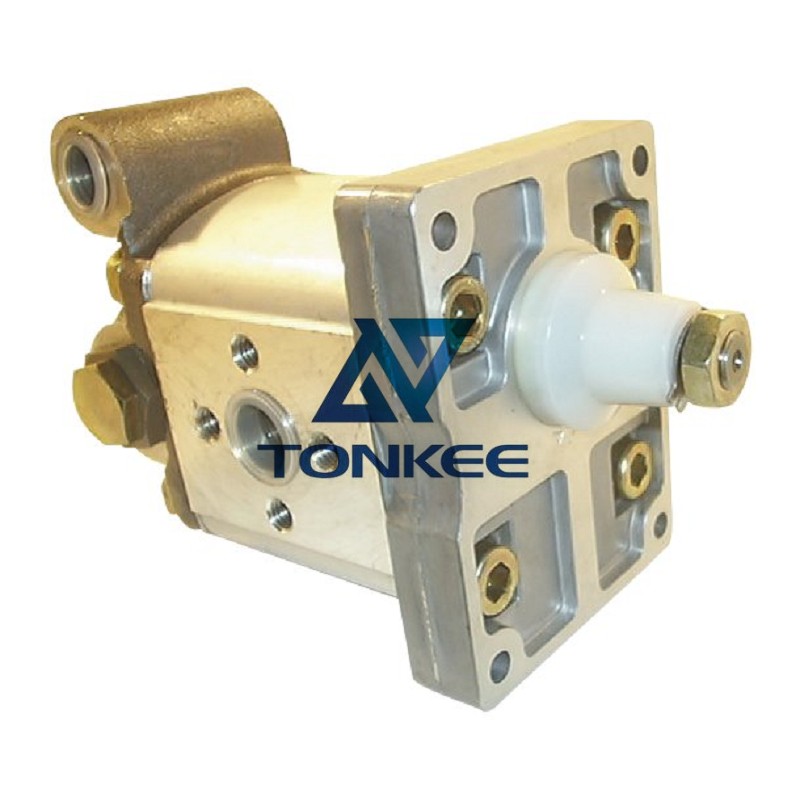
Flow Rate: Hydraulic gear pumps have different flow rates, typically measured in gallons per minute (GPM) or liters per minute (LPM).
The flow rate is a crucial specification as it determines the pump's capacity to supply hydraulic fluid to a system.
Pressure Rating: The pressure rating of a hydraulic gear pump specifies the maximum pressure it can handle. It is typically measured in pounds per square inch (PSI) or bars. Pumps are selected based on the pressure requirements of the hydraulic system they will be used in.
Construction Materials: Hydraulic gear pumps are often constructed with materials like cast iron, aluminum, or stainless steel. The choice of materials depends on factors such as the type of hydraulic fluid being used and the operating environment's demands.
Port Size: Hydraulic gear pumps have inlet and outlet ports for fluid connections. The port sizes are standardized and are typically specified in inches or millimeters.
Mounting Configuration: These pumps can be mounted in various ways, including flange, foot, or direct-coupled mounts. The mounting configuration is chosen based on the installation requirements.
Fluid Compatibility: The compatibility of the pump with different types of hydraulic fluids is a crucial consideration. Hydraulic gear pumps should be compatible with the specific fluid used in the hydraulic system to prevent issues like leakage or damage.
Efficiency: Hydraulic gear pumps are known for their efficiency, with the ability to deliver a relatively constant flow rate. However, efficiency can vary among different pump models.
Noise Levels: Some hydraulic gear pumps are designed with noise reduction features to minimize sound levels during operation, improving the working environment.
Maintenance: Ease of maintenance is an important consideration. Pumps with straightforward maintenance requirements, such as easy access to seals and bearings, are preferred.
Temperature Range: The operating temperature range of the pump is a critical factor, especially in environments with extreme temperatures. It should be compatible with the expected temperature conditions.
Seal Type: Hydraulic gear pumps typically use various types of seals to prevent leakage. The type of seal can affect the pump's performance and longevity.